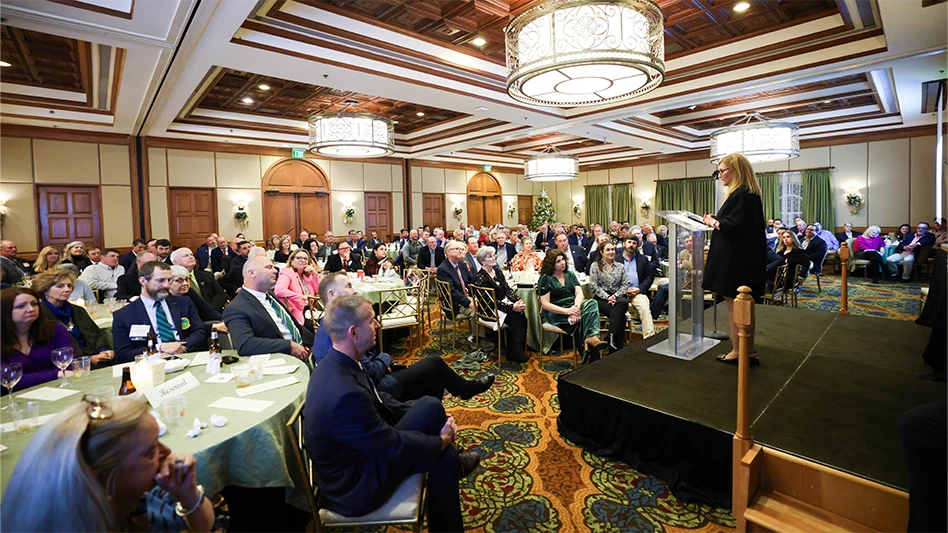 Henry DeLozier Henry DeLozier |
If it's true that we cannot know where we're going until we know where we've been, here are five takeaways from 2011 that foreshadow what the golf industry can expect in the coming year.
Clubs prosper where continuous improvement is evident. New programs and investment in the lifestyle of the club are being rewarded. Because the growth of clubs tied to residential communities is driven largely by women, programs that emphasize family, fun and fitness have emerged as competitive advantages. In order to hold position, established brands must continue to improve product performance and customer service. In a zero-sum game, there are winners and losers. Golf growth has slowed and now stabilized. With very little organic growth in new golfers and new golf facilities, the top performers are today's – and tomorrow's – winners. 2. International superiority. Competitively speaking, a large proportion of top performing golfers are citizens of the world. On the course, the U.S. PGA Tour is challenged as never before by the European Tour. On the business side, the European Tour already may have overtaken the U.S. Tour for its ability to attract sponsors and fans. Clearly the economic health of the European Union influences the global business community far more than the capabilities of international players. However, there is no denying that companies hoping to appeal to golf-conscious demographic segments can reach a broader audience internationally. For American companies seeking female golfers, the emerging markets are in Europe, Scandinavia and East Asia. Manufacturers and suppliers of goods and services report revenue and unit-count growth in Asia and parts of the EU. Performance indicators for the international hospitality segments are trending upward. 3. U.S. mistakes spreading. Golf development outside the U.S. has followed the American model and, as a result, is being hurt by the same factors of oversupply in unproven and brittle markets. As in America, many new project planners and investors have not identified audiences with adequate depth and breadth to sustain start-up and standalone enterprises. In a difficult global economy, the small range of economic tolerance for golf communities, resorts and projects has shrunk to the point that only carefully planned and extremely well-capitalized projects in highly attractive locales will be successful. 4. Dumb money drying up. Seated at tables where deal-making is being done, one understands that new capital is evaluating golf-related opportunities for land acquisition, new concept and product introductions and property development or re-development. Meanwhile, many uninitiated observers believe there is no investment money available to golf. The truth is that there is little or no dumb money looking at golf-oriented investments. New capital sources have emerged, and they are highly skeptical and extremely discerning. 5. Growing the game? Maybe. Golf and golfers have long talked a better game than they played. The allied associations and interests within golf segments have talked endlessly about the need to grow the game; every group has its own version of what should be done to increase participation. Golf 2.0, the PGA of America grow-the-game initiative, may just be an answer that works. The program has been carefully studied and is being properly measured for actionable tactics. The program drives accountability down to the point of attack, which includes everyone who plays, promotes and uses the game of golf. PGA of America CEO Joe Steranka has brought to bear great resources of funding, organizational energy and engagement. Others will follow. Engaging non-golfers to play and encouraging existing golfers to play more remains a top priority for us all. |

Explore the December 2011 Issue
Check out more from this issue and find your next story to read.
Latest from Golf Course Industry
- Golf Construction Conversations: Reed Anderson
- ’Twas the Night Before Christmas (on turf)
- Twas the Night Before Christmas (the turf version audio)
- Advanced Turf Solutions and The Aquatrols Company release soil surfactant
- Heritage Golf Group acquires North Carolina courses
- Editor’s notebook: Green Start Academy 2024
- USGA focuses on inclusion, sustainability in 2024
- Greens with Envy 65: Carolina on our mind





